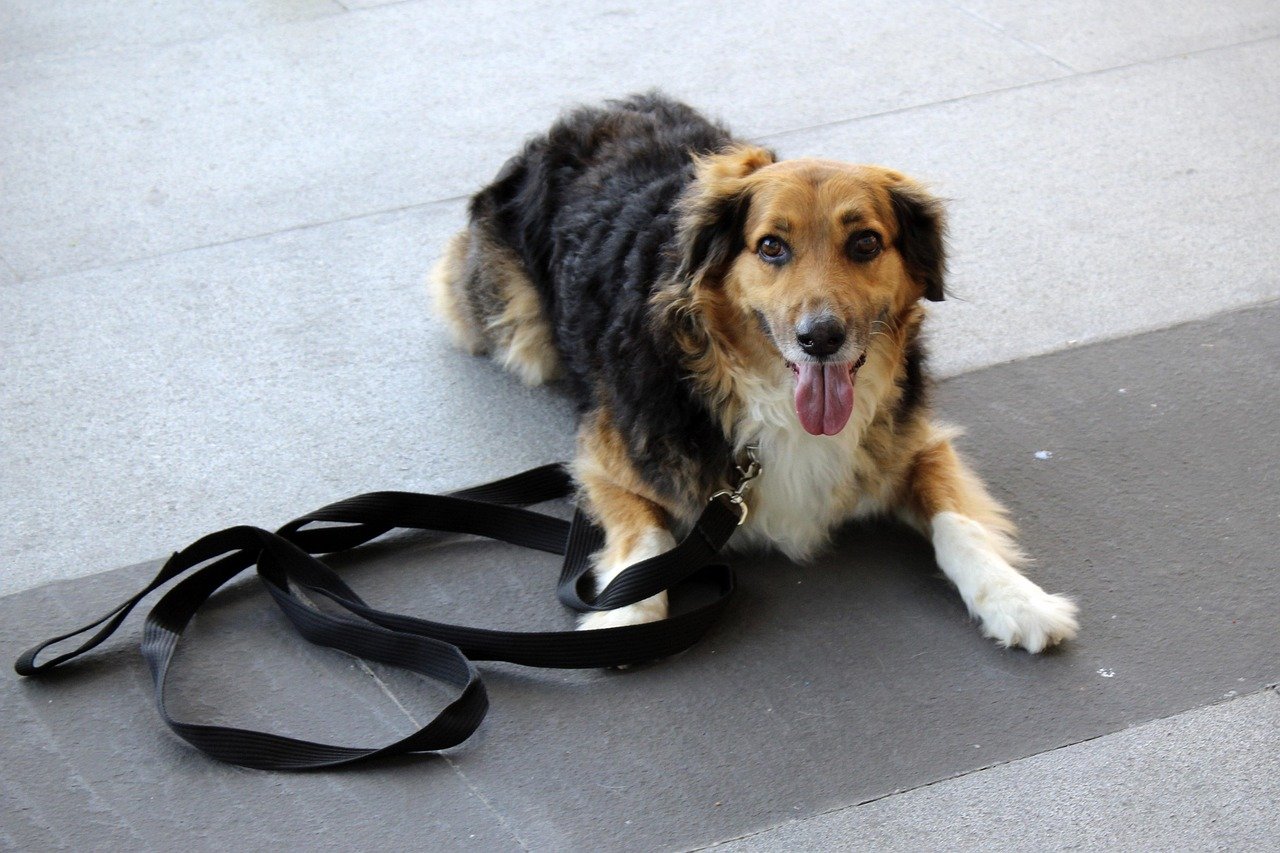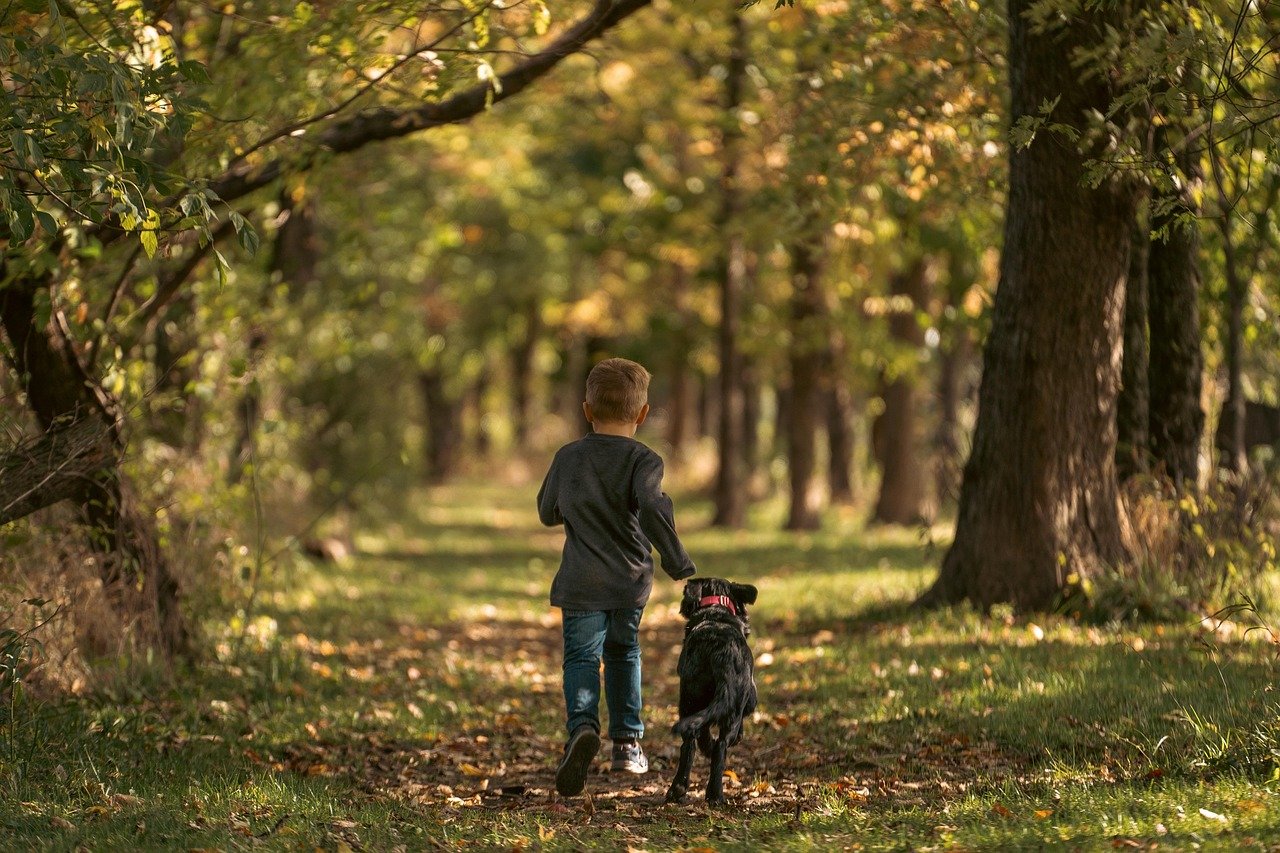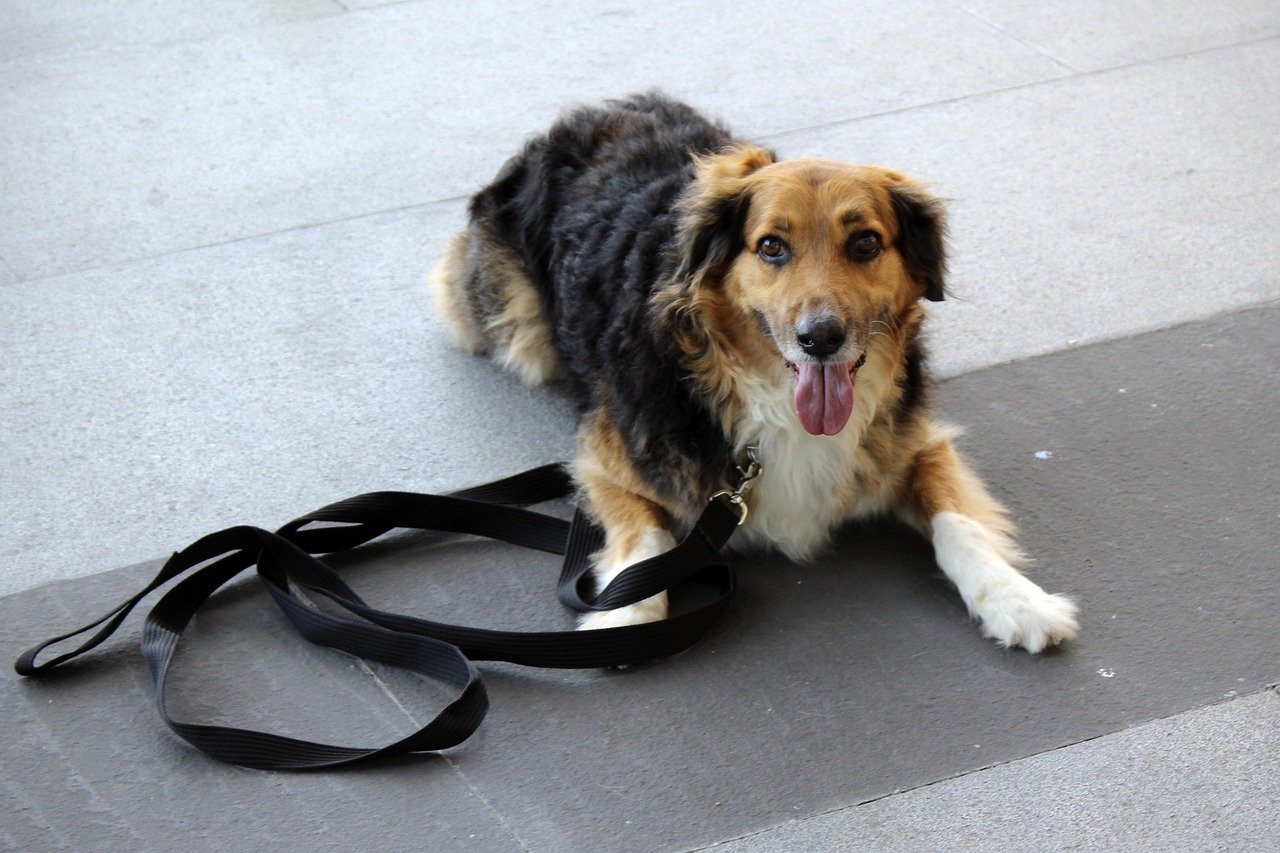Have you ever locked eyes with a sweet, wagging dog at a shelter and thought, “Maybe we could make this work”? The urge to rescue a furry friend is powerful, especially for dog lovers who want to share their lives. But before you take the leap, pause for a moment. Not every dog is a perfect fit for every home—especially for families whose days are jam-packed with work, school, and activities. The heartbreaking truth is that some dogs can actually suffer when placed in busy households. Their needs can clash with your schedule, leading to disappointment and frustration for everyone involved. Let’s dive into the real reasons why some dogs simply aren’t suited for the bustling lifestyle of a busy family. These aren’t just obstacles; they’re the keys to protecting both your family’s happiness and a dog’s well-being.
High Energy Breeds Need More Than a Quick Walk

Some dogs, like Border Collies, Huskies, and Australian Shepherds, are built for action. These breeds have been bred for generations to work hard all day long. A quick walk around the block just doesn’t cut it for them. If a family is always on the go, these dogs can end up bouncing off the walls, desperate for something—anything—to do. Without enough exercise, they can get bored and even develop destructive habits like chewing furniture or digging up the yard.
Imagine coming home after a long day only to find your shoes shredded and the trash can overturned. That’s a classic cry for help from a dog with too much pent-up energy. Busy families often lack the time (or energy) to give these dogs what they need. It’s not just about physical activity, either. High-energy dogs crave mental challenges, games, and adventures, which are hard to squeeze into a jam-packed schedule.
Separation Anxiety Can Turn Life Upside Down
Some dogs simply can’t handle being left alone for long stretches. Breeds like Labrador Retrievers, German Shepherds, and many rescue dogs are prone to separation anxiety. They need to be near their humans and can become extremely distressed when left solo. The result? Non-stop barking, indoor accidents, or even attempts to escape the house.
For families where everyone’s gone from morning till evening, this anxiety can become a daily disaster. Dogs suffering from separation anxiety don’t just “get used to it.” Instead, their stress can intensify, leading to behavioral problems and even health issues. For a busy household, managing a dog with severe separation anxiety can feel overwhelming and heartbreaking.
Puppies Demand Constant Attention and Training
Puppies are adorable, but they’re also a full-time job. From housebreaking and teething to basic obedience and socialization, these little furballs require round-the-clock care and supervision. They need to be let out frequently, played with, and taught the difference between a chew toy and your favorite slippers.
If a family’s schedule is crammed with work, school, and after-school activities, a puppy’s needs can quickly fall through the cracks. Missed training sessions can lead to bad habits that are hard to break. Without enough positive attention, puppies may grow up anxious, untrained, or even aggressive. Raising a puppy is like raising a toddler—it takes patience, consistency, and a lot of time.
Some Dogs Need Specialized Medical Care

Certain breeds and rescue dogs come with medical needs that aren’t so obvious at first glance. From daily medication for chronic conditions to regular vet visits for allergies or skin problems, these health issues require a level of dedication some busy families just can’t provide. Missing a dose or a checkup can mean the difference between a healthy pet and a medical emergency.
Imagine juggling your family’s schedule only to realize you forgot your dog’s medication. The stress can be overwhelming. Some dogs, like Bulldogs or Cavaliers, are prone to breathing or heart problems that require close monitoring. For a family already stretched thin, the added responsibility of medical care may simply be too much.
Training Needs Go Beyond the Basics

Many dogs, especially rescues, need consistent training to help them adjust to a new home. It’s not just about teaching “sit” and “stay”—it’s about setting clear boundaries and building trust. This process can take weeks or even months of daily practice. Skipping sessions or being inconsistent can confuse a dog, making behavioral problems worse.
Busy families often intend to train their new dog, but life gets in the way. Kids’ soccer games, late work meetings, and last-minute errands can push training to the back burner. Unfortunately, dogs need structure and routine, especially when they’re settling into a new home. Without it, they may become anxious, stubborn, or even fearful.
Some Dogs Are Prone to Destructive Behavior

A bored dog is a destructive dog. Certain breeds, especially young or intelligent ones, can turn your home upside down if they don’t get enough stimulation. Chewing, digging, barking, and even escaping the yard become their way of coping with frustration or boredom.
For busy families, these behaviors are more than just a nuisance—they can lead to costly repairs, angry neighbors, and a lot of stress. It’s tough to come home after a long day and find your belongings ruined because your dog was left alone for too long. Dogs aren’t being “bad” on purpose; they’re just trying to entertain themselves in the only ways they know how.
Socialization Is a Full-Time Commitment
Dogs need to learn how to interact with people, other animals, and new environments. This process, known as socialization, is critical for a well-adjusted pet. It requires regular outings, introductions, and positive experiences. Without it, dogs can become fearful, shy, or even aggressive.
For busy families, finding the time to expose their dog to new sights, sounds, and smells can feel impossible. Skipping this step can lead to a pet who’s anxious around guests, terrified of car rides, or reactive on walks. Socialization isn’t a “nice-to-have”—it’s essential for a dog’s emotional health.
Certain Breeds Need Constant Grooming
Some dogs come with a lot of fur and a lot of grooming needs. Breeds like Poodles, Shih Tzus, and Shetland Sheepdogs require regular brushing, trimming, and sometimes even professional grooming every few weeks. If their coats aren’t properly cared for, they can develop painful mats, skin infections, or even overheating.
Busy families may struggle to keep up with these routines. What starts as skipping a few brushings can quickly turn into a tangled mess that’s uncomfortable for the dog and expensive to fix. Grooming isn’t just about looks—it’s about health and comfort, and it takes more time than many realize.
Some Dogs Don’t Tolerate Being Ignored
There are dogs who thrive on attention and suffer deeply when left out. Breeds like the Bichon Frise, Cocker Spaniel, or any highly social rescue can become depressed or even physically ill when ignored for too long. They crave human interaction and can’t stand being a mere “background pet.”
For a family always out the door, these dogs can wilt from loneliness. The joy of having a dog is in the companionship, but it goes both ways. Dogs who don’t get enough attention can develop anxiety, lose interest in food, or withdraw from family life altogether.
Behavioral Issues Can Be Too Much to Handle
Some rescue dogs come with baggage—fear, aggression, or resource guarding—often due to past trauma or neglect. Helping these dogs heal requires time, patience, and often the help of a professional trainer or behaviorist. Busy families may not have the bandwidth to tackle these challenges.
When behavioral problems go unaddressed, they can worsen, making life stressful for everyone. It’s not fair to the dog or the family to take on more than they can handle. Sometimes, the best way to help a troubled dog is to ensure they end up in a home with the time and expertise to meet their needs.
Not All Dogs Are Good With Children

While many dogs adore kids, not all are naturally patient or tolerant. Some breeds, or individual dogs with a history of trauma, may be fearful or reactive around loud noises and sudden movements. Busy families with young children may struggle to supervise every interaction, putting both the dog and child at risk.
Teaching kids how to behave around dogs takes time and consistency. Without close supervision, even minor incidents can escalate quickly. For everyone’s safety, it’s essential to match the right dog with the right family environment. A mismatch can lead to heartbreak, rehoming, or worse.
Time Constraints Lead to Unmet Needs

At the end of the day, every dog deserves time, attention, and care. No matter the breed or background, all dogs need daily interaction, exercise, and love. Busy families can have the best intentions, but sometimes life simply gets in the way. Work emergencies, school projects, and life’s unpredictability can leave a dog’s needs unmet.
Dogs aren’t just “another thing” on a busy to-do list—they’re living, feeling beings who depend on us for everything. When schedules get too tight, it’s the dog who suffers. The best match for a busy family might be a lower-maintenance pet, or waiting until life slows down before bringing a dog home.






